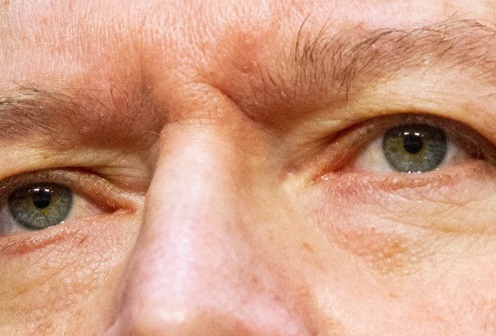People in late adulthood who are partially sighted may be more likely to experience mild cognitive impairment and a subsequently higher risk for dementia, new research finds.
During the study, about 32,700 participants, most of which were women, were probed based on data from the World Health Organization.
The study was conducted at Anglia Ruskin University and released in Aging Clinical and Experimental Research.
From the findings: “The association between visual impairment and mild cognitive impairment (MCI) has not been investigated to date. Thus, we assessed this association among older adults from six low- and middle-income countries (LMICs) (China, India, Ghana, Mexico, Russia, and South Africa) using nationally representative datasets.”
Researchers concluded that visual impairment was correlated with a higher risk of mild cognitive impairment and also a heightened risk of dementia, among older adults.
“Future longitudinal and intervention studies should examine causality and whether improvements in visual acuity, or early intervention, can reduce risk for MCI and ultimately, dementia,” researchers stated in their journal report.


